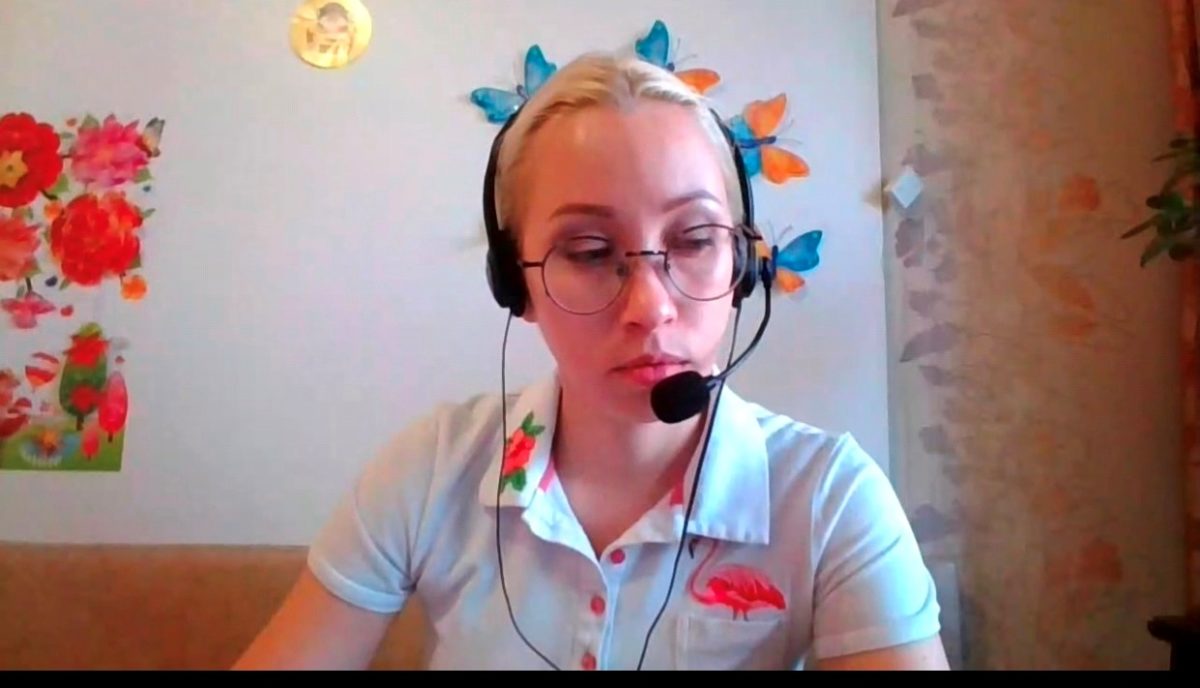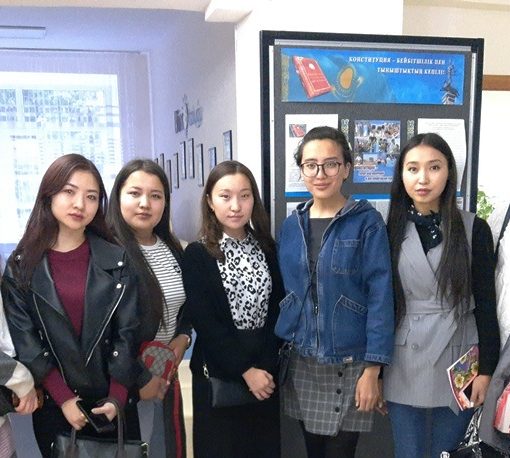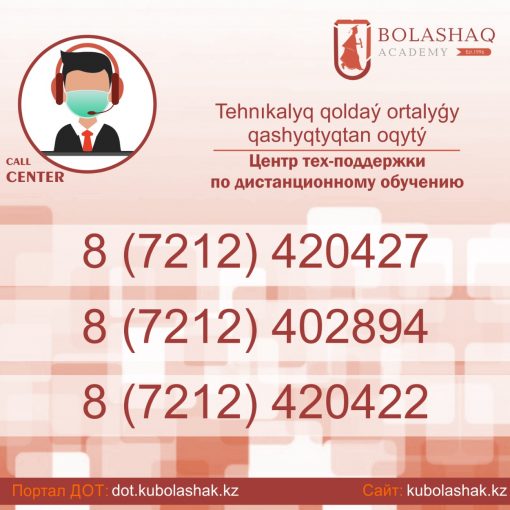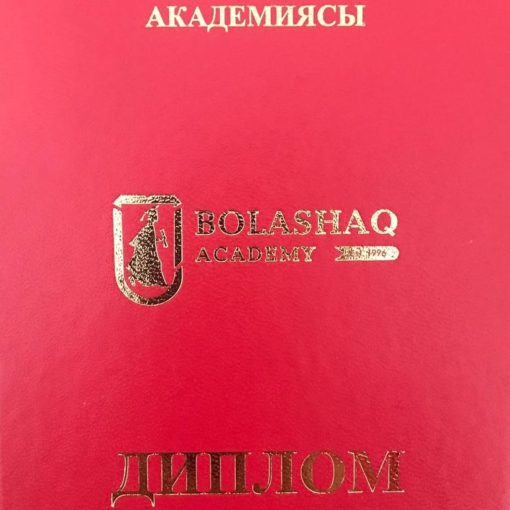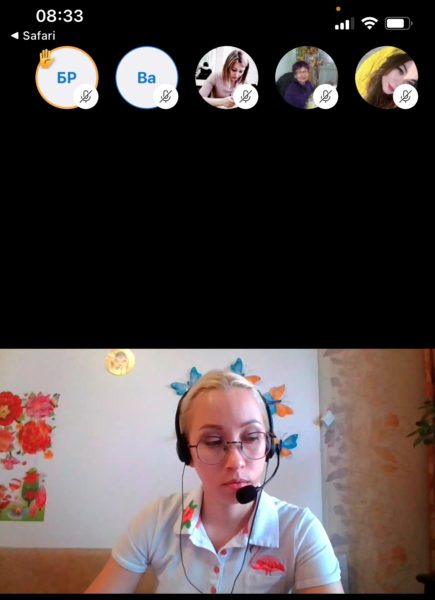
Distance learning is today’s reality and a tool for all educational institutions in the country. Despite the change in the form of training, it is still important to maintain the quality of educational services, which in today’s conditions is complicated by the problems of creating optimal methodological support for online classes, making the most effective use of the technologies available, and maintaining live communication with trainees.
How to approach these issues was clearly demonstrated at an open practical lesson by senior lecturer of the Department of Foreign Languages and Intercultural Communication, Ms Taisia Maryshkina, in the discipline “Professional-oriented foreign language”.
This lesson was held in online format on 6 November this year in the IN-18-1 group through the Skype software application due to a technical failure of the Moodle educational portal.
Within the framework of her open lesson the teacher demonstrated the possibilities of creative connection of communicatively-oriented foreign language teaching with the latest information and communication platforms and programs.
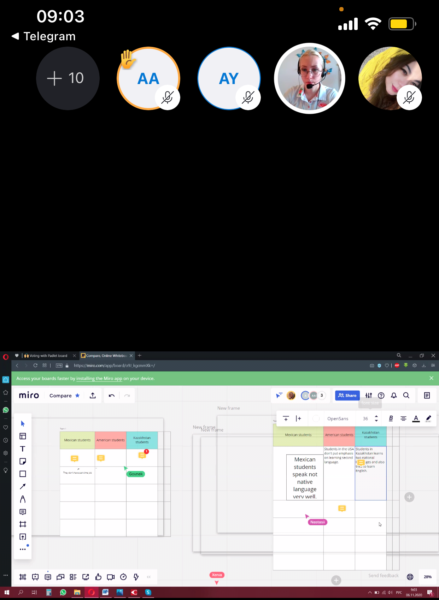
The topic of the lesson “The role of the English language teacher” was dedicated to the English language teacher as a carrier of national and multicultural consciousness and as a mediator between society and the individual.
On the basis of the text worked out as homework, students extracted professional information from it, expressed their own opinion, showed their own critical thinking skills, and engaged in a multicultural professional dialogue using new vocabulary.
The young teacher managed to create a favourable psychological climate in the classroom, skillfully managed the learning process and used individual and group forms of work. The main methodological advantage of the lesson was the parallel use of several other programmes along with Skype. For example, in order to perform a creative task, students were removed to ‘discussion rooms’ created in advance using the Jitsi Meet application by the instructor, and the answers were entered by students into the Miro online board.
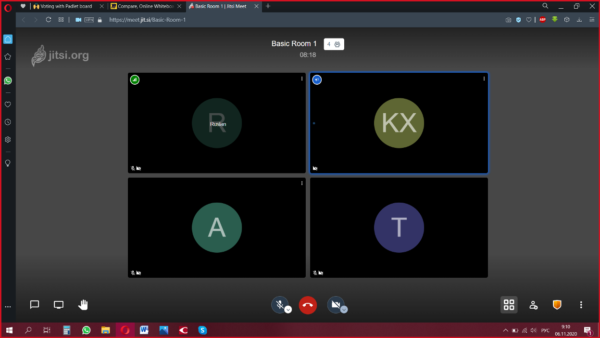
Jitsi discussion rooms
As noted by all the colleagues present at the session, the goal of the session was fully achieved. Moreover, work on the topic of the lesson has increased the interest of trainees in their future profession and has also contributed to the further development of their skills in working with modern information and communication technologies in the educational space. Mastery of these skills is extremely important for a future bilingual teacher, as his or her professional culture must correspond to the modern information society.
To sum up, it is safe to say that live communication between teachers and students has taken place, and the screen has not become an obstacle to this communication.
The Department would like to thank senior lecturer Taisia Maryshkina for her lesson and experience exchange.

